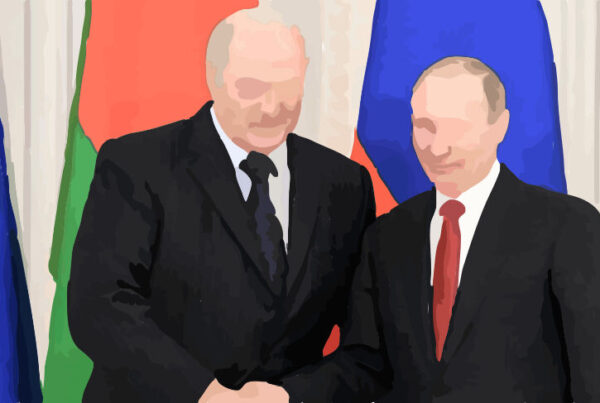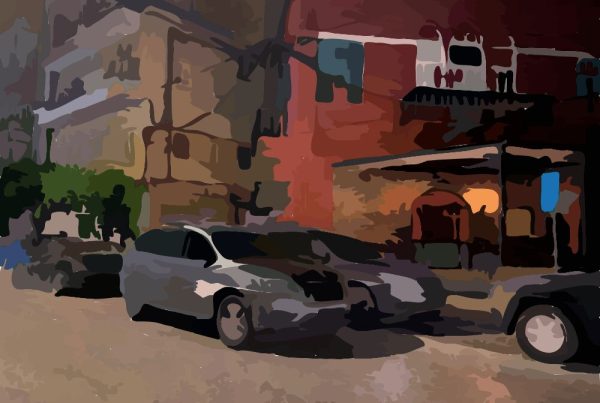Last 5 December, Russian President Vladimir Putin had signed and brought into force the amendment to the infamous law “against propaganda of non-traditional relations”. The “propaganda” ban now applies to all Russian citizens, in basically all media.

Deputies attending the plenary session of the State Duma of the Russian Federation. © photo by ria.ru
The 2013 law, which banned only “propaganda towards minors”, provided for fines of up to 100,000 roubles (€1,500) for individuals and one million (€15,000) for organisations. According to the new law now in force, fines range from 50,000 (€760) to 400,000 (€6,000) roubles, while for institutions such as media and associations, the fine ranges from 800,000 (€12,000) to 10 million roubles (€150,000), and the suspension of activities for up to 90 days.
Foreigners who violate the law may be expelled from the country. A disturbing addition is the power that has been given to Roskomnadzor (the communications authority) to police the web and social media: the authority now has the power to directly shut down a site without going through (as was the case under the 2013 law) a court order, while those who run social networks are held responsible for the content and are required to act as their “censor”.
However, the Moscow regime might not stop there. As previously announced, the law could be tightened up again, with the inclusion in the text of detention sentences for the crime of “repeated propaganda”, in addition to fines.
MP Nina Ostanina, head of the Family Committee of the Duma (Russia’s lower house), who can be considered one of the masterminds behind the notorious law, called during parliamentary debate for the addition of sentences of up to five years in prison or four years of hard labour for repeat offenders. From a legal point of view, though, it was not the discussion of a new law, but an amendment to the 2013 law, so it was not possible to include criminal offences in the text.

Nina Ostanina, © photo by Анатолий Жданов / Коммерсантъ
Hence, Ostanina introduced an entirely new bill in the Duma to further increase (if possible) the repression of LGBTQIA+ people in Russia. According to the opposition website Meduza, Ostanina has already submitted her draft bill to the federal government for approval.
Alessandro Garzi
translation by Antonio Pauletta
©2022 Il Grande Colibrì
Cover Image: Rendition on photo by Руслан Шамуков / ТАСС




